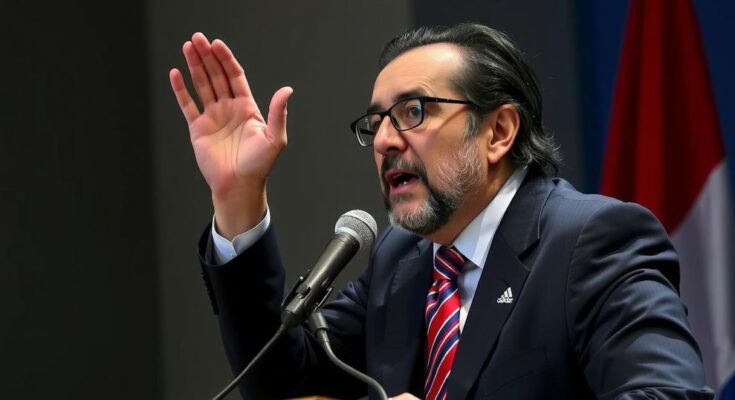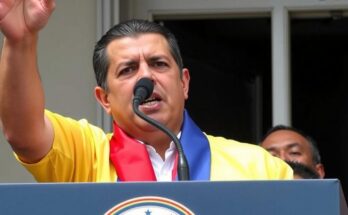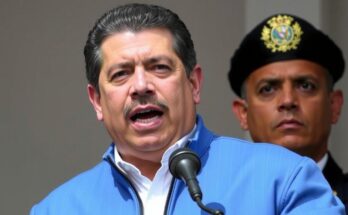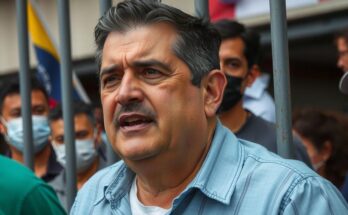Uruguay elected Yamandú Orsi as President, ousting the conservative coalition in a close runoff election. Orsi, with over 49% of the vote, promised to unify the nation and address issues like childhood poverty and crime. His moderate agenda echoes past successful policies of the Broad Front, reflecting a shift in voter sentiment towards change in light of economic challenges.
On Sunday, Uruguay elected leftist candidate Yamandú Orsi as President in a closely contested runoff, successfully displacing the conservative ruling coalition. Despite ongoing ballot counting, Álvaro Delgado, the center-right candidate, acknowledged Orsi’s victory, stating, “With sadness, but without guilt, we can congratulate the winner.” Orsi celebrated his triumph, claiming a little over 49% of the vote against Delgado’s 46%, emphasizing the need for unity among citizens with differing views.
Orsi, a 57-year-old former history teacher and mayor, promised to advance a moderate agenda that includes tax incentives to foster investment and social security reforms to address Uruguay’s staggering childhood poverty rate of 25%. His campaign also sought to control organized crime.
In previous elections, anti-establishment sentiments swayed voters globally; however, Orsi’s platform is rooted in the previous Broad Front administration’s mix of social welfare and market-friendly policies. Moreover, while Orsi’s government is set to commence on March 1, 2025, he conveyed a commitment to national dialogue and integration, stating he would be a president who encourages unity.
This election illustrates Uruguayans’ discontent with their recent governance, as citizens seek an alternative to the status quo after years of economic stagnation and societal challenges. Orsi’s victory reflects broader trends across South America, where voters increasingly favor candidates promising change.
In recent years, Uruguay has witnessed significant political shifts, with public dissatisfaction towards the governing party growing, particularly in light of economic challenges post-pandemic. The 2024 elections became a decisive moment, as voters turned to leftist candidates amid mounting discontent with conservative policies. This election was not only crucial for local governance but represented broader patterns of political change occurring across Latin America and other regions where incumbent parties have faced declining popularity.
Yamandú Orsi’s election as President marks a pivotal shift in Uruguay’s political landscape. His moderate leftist agenda aims to address pressing issues like poverty and crime while promoting unity among a divided populace. The impact of this election extends beyond Uruguay, reflecting a wider trend of voters seeking alternatives to established political norms amid economic discontent. As Orsi prepares to take office, the nation watches closely for the new direction he will provide.
Original Source: time.com




